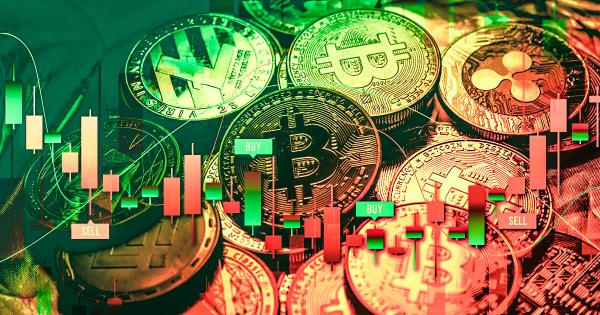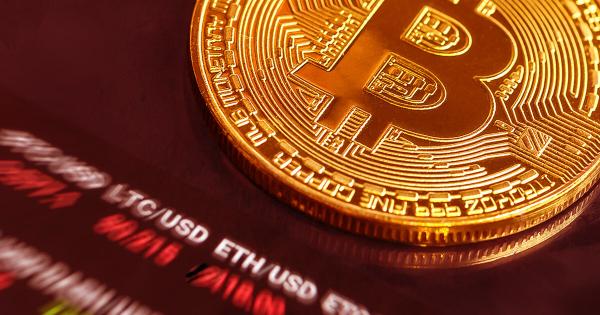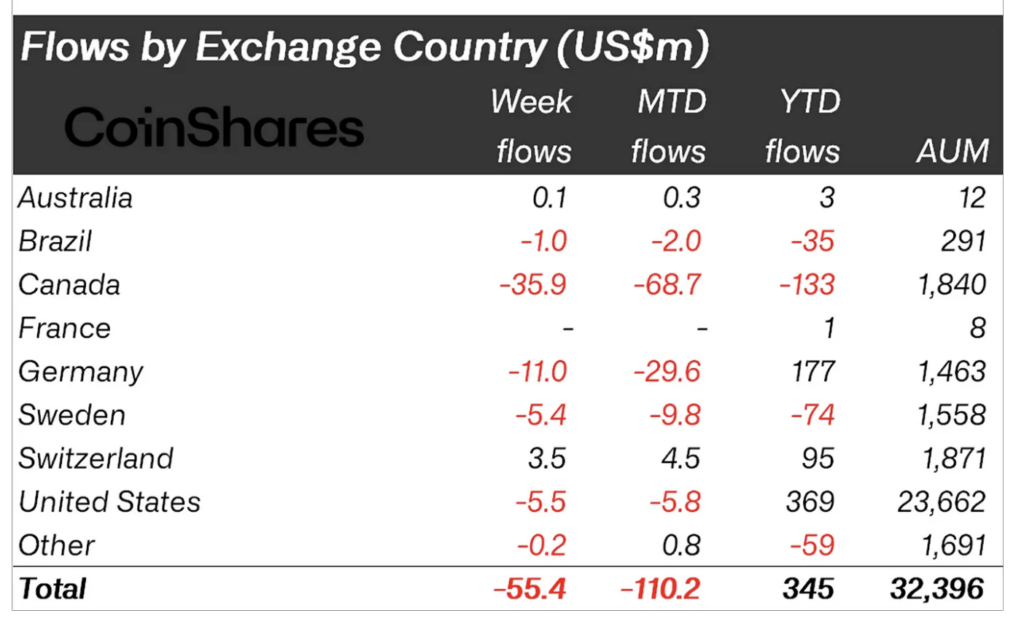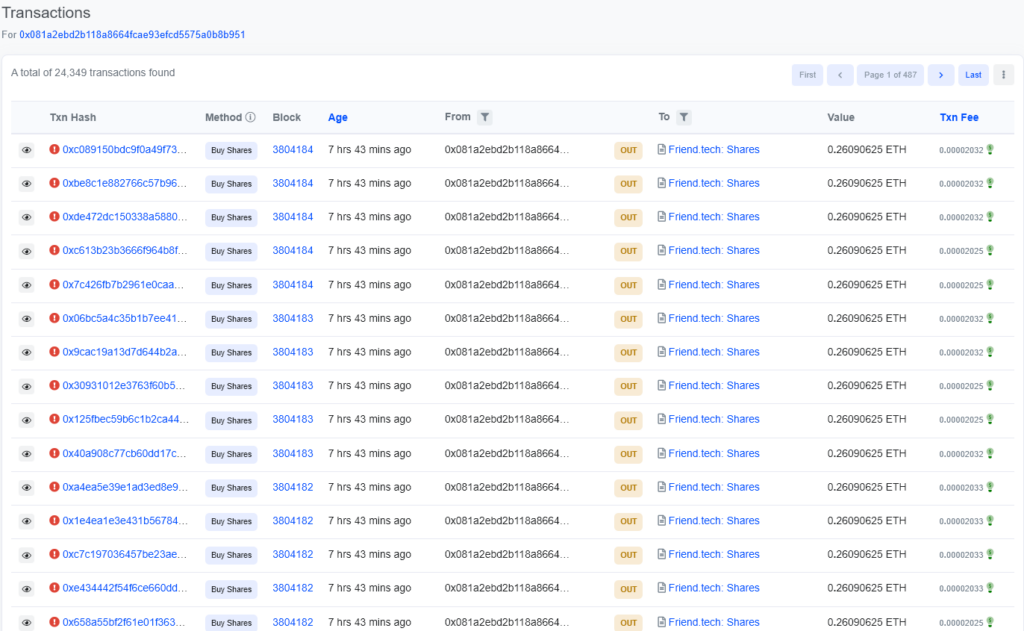Genesis Global Trading ends U.S. over-the-counter trading ‘voluntarily and for business reasons’

Genesis Global Trading is set to shutter its operations later this month, according to an email sent to clients on Sept. 5 and confirmed in a comment to CryptoSlate.
The decision to cease the over-the-counter trading platform on Sept. 18 was said to be taken voluntarily and for undisclosed business reasons. The remaining accounts will be closed by the end of the day on Sept. 30.
Genesis said in an email to CryptoSlate:
Genesis has decided to stop offering digital asset spot trading through Genesis Global Trading Inc. (GGT). Spot and derivatives trading services through GGC International Limited remain operational. This decision was made voluntarily and for business reasons. We are working closely with regulatory authorities to coordinate an orderly discontinuation of services.
GGT managed to escape Genesis Global’s crypto lending-induced bankruptcy earlier this year, a fate not shared by all Genesis-linked companies. GGC International Limited, another trading-focused entity, will continue its spot and derivative trading services, according to the same email. Genesis is owned by Digital Currency Group (DCG).
Legal morass
This decision comes in the wake of Genesis Capital’s bankruptcy filing, a subsidiary of Genesis Global. The crypto lender filed an updated reorganization plan in June aiming to resolve disputes over its initial wind-up plan submitted in January. Despite reaching a “substantial agreement on certain key issues” with its debtors, creditors, and stakeholders, the mediation process was not yet concluded.
Genesis’ insolvency sparked a chain of legal disputes. Notably, the Winklevoss twins-owned cryptocurrency exchange, Gemini, filed a lawsuit against DCG and its CEO Barry Silbert, accusing Silbert of fraudulent financial reporting to hide Genesis’ financial instability and resulting in the loss of approximately $1.45 billion in frozen assets of the Gemini Earn program’s users. Silbert and DCG refuted these allegations as “baseless, defamatory, and completely false.”
More recently, DCG agreed to provide approximately $1.4 billion in new financing to repay Genesis’ creditors, which would replace the existing unsecured DCG debt.
Gemini, however, rejected the proposed settlement deal between the bankrupt crypto platform FTX and Genesis, according to an Aug. 31 court filing. Gemini posits that the proposed settlement between the struggling firms is a manipulation of the voting process for the bankruptcy plan – a ‘sweetheart pre-plan deal’ crafted to solely benefit Digital Currency Group (DCG), the parent company of Genesis, at the expense of other creditors.”








